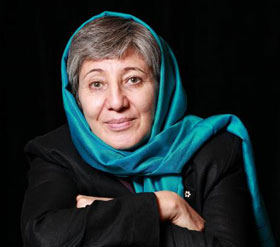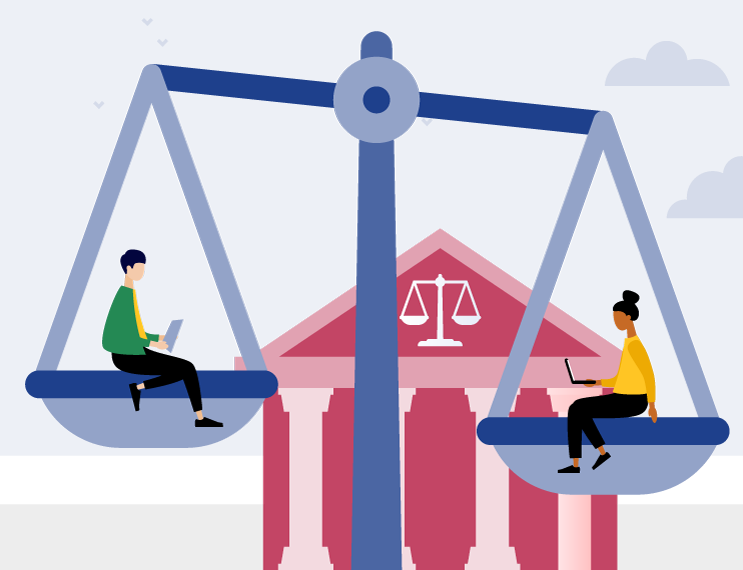Appointed as the Afghanistan Interim Administration’s Vice-President and Minister of Women’s Affairs in 2001, Dr. Sima Samar led the Afghanistan Independent Human Rights Commission for 17 years. She served as UN Special Rapporteur on Human Rights Situation in Sudan and on UN Secretary General’s High-Level Advisory Board on Mediation and High-Level Panel for Internal Displacements. Samar founded and led Shuhada Organization. Formerly at Harvard’s Carr Center for Human Rights, she is a fellow at Tufts Fletcher School.
Action
Dr. Samar established the Ministry of Women’s Affairs, developing women’s centers in 34 provinces that provided trainings, job opportunities, and advocacy for women’s rights and inclusion. She established and led the Afghanistan Independent Human Rights Commission (AIHRC), which had more than 500 staff and offices in 14 provinces responsible for human rights education, monitoring and investigation. Among the most significant programs of the AIHRC were the national consultation on transitional justice, which resulted in the A Call for Justice. Other AIHRC initiatives included promotion and protection of human rights for all but in particular women’s, children’s and people with disability rights. Significant policy achievements were Elimination of Violence Against Women Law, which included provisions outlawing child and forced marriage; ratification of CEDAW, Convention on the Rights of Persons with Disabilities, and Afghanistan joining the International Criminal Court; adoption of the Afghanistan Constitution in 2004, which guaranteed equal rights for women and for all citizens, including ethnic and religious minorities.
Books & Articles
Samar, S. (2004). Despite the odds—providing reproductive health care to Afghan women. New England Journal of Medicine, 351(11), 1047-1049.
Samar, S., Aqil, A., Vogel, J., Wentzel, L., Haqmal, S., Matsunaga, E., … & Abaszadeh, N. (2014). Towards gender equality in health in Afghanistan. Global Public Health, 9(sup1), S76-S92.
Samar, S., & Dyette, E. K. (2014). The 35-year War: Our Lost Children A Glimpse Beyond the Institutionalised Setting in Afghanistan. Institutionalised Children Explorations and Beyond, 1(1), 129-132.
Samar, S., Starr, F., Weinbaum, M. G., & Zia, M. E. (2002). Afghanistan’s reform agenda: Four perspectives. New York, NY: Asia Society.
Samar, S., Strada, G., Hauser, M., Goldstein, R., & Mukwege, D. (2017). Open letter to the UN’s new health chief from “Alternative Nobel Prize” laureates. The Lancet, 390(10092), 359-360.
Samar, S. (2019). Feminism, Peace, and Afghanistan. Journal of International Affairs, 72(2), 145-158.
Samar, S. A New Way Forward in Afghanistan: A Request for Change in U.S. Policy. Human Rights Brief, 16(3), 1.
Relevant discourse
“We wish for a broad-based government with the active participation of women, which will promote freedom and equal rights for women.”
“Human rights and women’s rights are not ‘Western values.’ They do not belong to the West. They are universal values. As laid out in the Universal Declaration of Human Rights in 1948, human rights are universal for everyone, everywhere, regardless of nationality, race, gender, religion, locale or political system.”
“Women’s rights and human rights should not be negotiated away.”
“Justice is not a luxury—it is a basic human right.”



